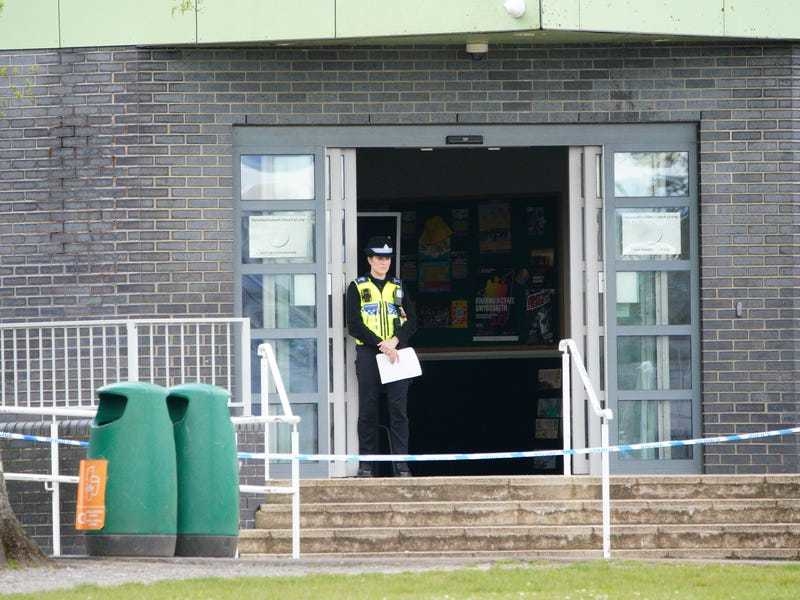At an event hosted by Jersey Business and the Jersey Chamber of Commerce, a dozen local businesses showcased their products and discussed opportunities with the Indian subcontinent.
Mr Sinha said he was positive about the opportunities for local companies there: ‘You have some very niche products and with India growing rapidly, particularly the middle class, there is obviously a lot of consumption and desire for niche products for different things and I think Jersey would find a very good market in India.’
In total, 25 companies applied to attend the event, with 12 being chosen from a wide range of local businesses, some of which already have links with India.
Claire Boscq-Scott, whose Busy Queen Bee customer service company recently started offering franchises, already has a franchisee in Mumbai, India: ‘We signed a contract in December and I’m going for a proper official launch in October. She’s got a business development manager there and we’ve already got some large Mumbai companies doing proposals and talking to them about mystery shopping and customer experience. There are some exciting opportunities.’
Minioti Ice Cream founders, Natasha Dowse and Anna-Lisa Boletta also attended after having done a lot of research into the Indian ice cream market. They think there’s a lot of potential and a gap in the market for a healthy ice cream. Other producers included La Mare Vineyard, Jersey Dairy, Jersey Sea Salt and La Robeline Cider company. Local tech business, Zuri Care management solutions, 365 Tickets and Strada Energy are also looking at the opportunities.
Mr Sinha offered the companies some advice on entering the Indian market: ‘The best advice is to get in touch with the Chambers in India, there are Apex chambers and for specific products, for instance there is for textiles a separate textile association, there is a separate leather association, so there are different associations, you need to tap the right people. That’s very important because otherwise it would be very difficult. It’s a maze, it’s huge. So once you get the right people, the right bodies to guide you it will be much easier.’
There are some barriers to trade, however, especially for certain products: ‘There are duties which are higher, alcohol for instance, yet companies find it profitable, like Scotch whisky for example, India is the second largest market for Diageo after the United States, so obviously it’s still profitable. That may not change, that’s part of a larger philosophy, ideology, but still there is a market.
‘So it’s important to see how you can work with what is already existing there, what are the rules and regulations there. India has opened up quite a lot so I think it would be useful if they look at certain products where they feel there is a market.
So obviously before going in you do a market survey, even if it is a preliminary market survey, and see if there is acceptability for those products because there are some exotic products that may be very good for the UK market but not necessarily for the Indian market so you have to do your due diligence.’






